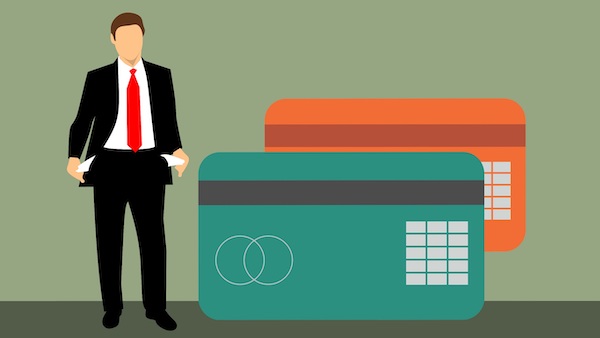A question during the probate process evolves around what happens to debt after your parents die. Are the children responsible for their parents’ debt? In most cases, children are not personally responsible for parents’ debt when they die. However, lets dive deeper to consider lesser-known pitfalls.
Whether your parents have an estate plan or not, if they die with debt in their names, there is a legal process that should be followed. When a person passes away, their debts become the responsibility of their estate. The estate can be described as the collection of the person’s assets and liabilities. Your parents’ individual debts, such as credit cards, loans, and medical bills, typically die with them. The debt does not pass on to you, but their estate does become responsible for settling these debts.
If the parent died with assets that are not in a trust, depending on their assets and the amount, a probate case needs to be opened with the county court where the parent was residing at the time of his or her death. After a probate case has been opened, then an ad in the local paper must be run once a week for three consecutive weeks to notify all creditors of the death. Additionally, known creditors must be placed on notice directly by the administrator of the estate.
After the death notice has been published and notifications made, creditors have the legal right to make claims against the estate for unpaid bills. If the estate’s value exceeds the debt, after payment of all debts has been made, any remaining assets will be distributed to the heirs or beneficiaries according to the will or state laws. If the estate’s value falls short of the debt, creditors will generally have to write off the remaining balance and go unpaid or creditors will only get a pro-rata payment depending on what class of creditor they fall into per the Illinois probate statue. If your estate were to go through the probate process, creditors have a limited period to file claims against the deceased estate. The executor or administrator of the estate is responsible for making all payments to creditors with valid claims. Creditors have six months from the date the first ad runs in the paper to file claims against the estate.
When you think about debt, look at debt as a contract. A basic contract requires an agreement between two parties. If one of the parties dies, we will then look at contract law to see who, if anyone, is liable to repay the debt. If the contract is between two parties, then only those two parties are obligated. For an outside party to be liable, a new contract would have to be signed. However, if you co-signed a loan, or are a joint account holder with your parents, you most likely will be responsible for the debt. Joint debts typically pass to the surviving co-signer.
Remember, when dealing with the law there are always exceptions and caveats. This begs the question, what is the exception to being liable for another’s debts? The answer is the debtor’s spouse. The Family Expense Act makes one spouse liable for another’s debts when a debt is for a family expense. Even if only one spouse signs the contract, the law presumes that both spouses agree to pay for a family expense. Liability under the Family Expense Act is based on being married. One spouse’s liability for the other’s debts could survive their spouse’s death, if the obligation began before the death. This is simply because they were married.
The problem with this language is that it’s not always clear what is considered a family expense. Previous case law has stated the following are deemed “family expenses:” medical bills, funeral bills, clothing, jewelry (sometimes), rent for the family home, carpeting for the family home, and wages for a domestic servant.
On the flip side, executors are not personally liable for your
debts. Executors are only required to repay your debts using the assets of your estate. Again, if the estate doesn’t have enough assets to pay all the debts, the debtors must accept a pro rata share of the estate to satisfy their debts and the remainder does unpaid. If you are the executor of an estate, please work closely with legal and financial professionals to distribute the assets according to the law.
What can estate planning do for your debts? Depending on a multitude of factors, we may be able to draft estate planning documents that can protect your assets. Most people would rather leave inheritance to family.
If you have questions regarding completing an estate plan, or if you are the administrator of an estate and you have questions on what debts must be paid, contact us, we are here to help you through this difficult time.

